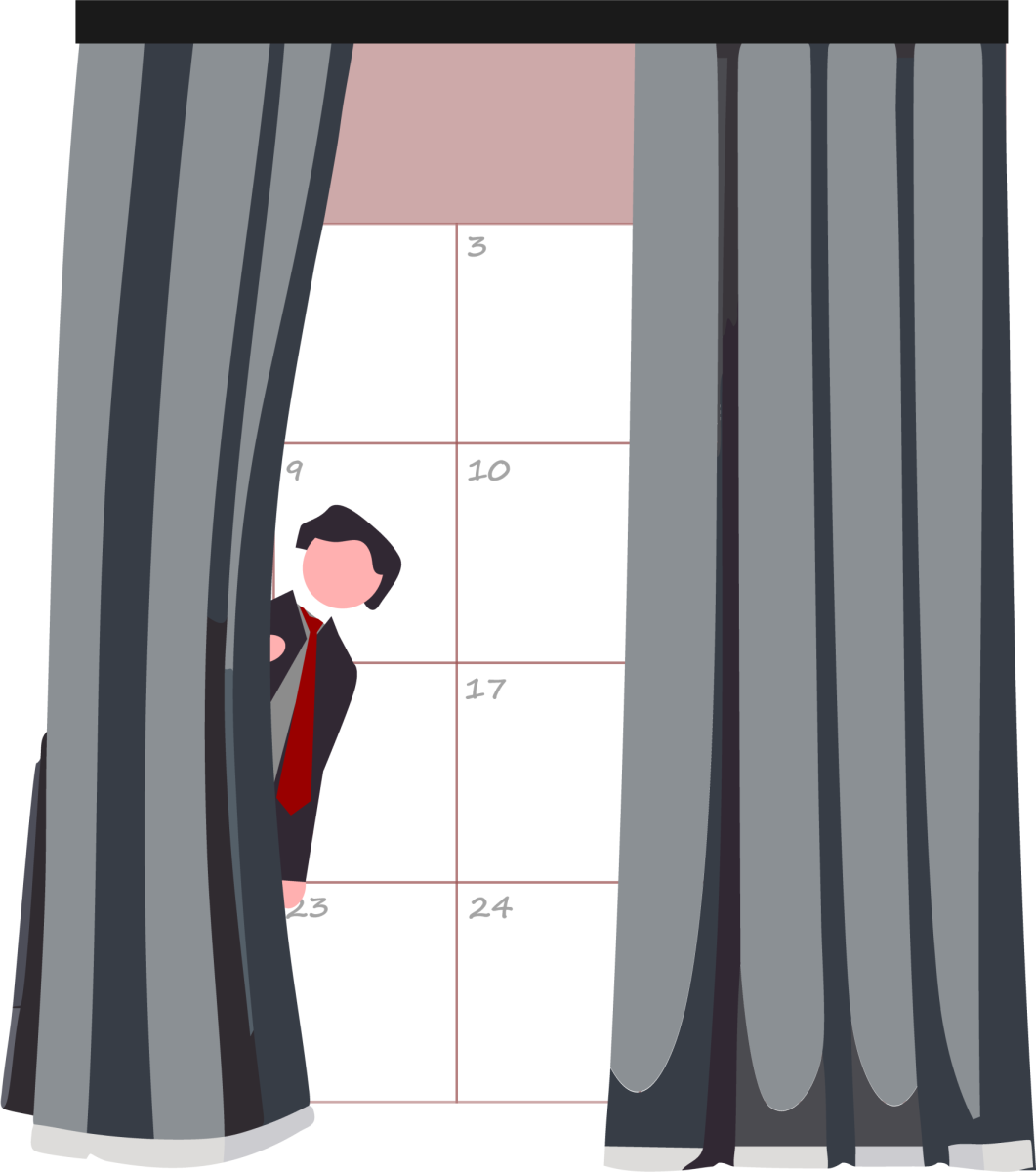Sometime between the development of ARPANET and the Senate hearing with Mark Zuckerberg, the tech industry transformed from an industry offering consumers a new world of personal freedom and productivity into an industry which now seems to threaten our individual liberties and consume a substantial percentage of our lives. The perception that Silicon Valley is the hub for progressive CEOs and “big thinkers” aiming to make a better world is fading — a recent Pew Research Center survey on the American public’s opinion of the tech industry found that 72 percent of those surveyed think it likely that social media platforms censor political viewpoints, 51 percent thought the industry should be more regulated, and 58 percent answered “some of the time” and 14 percent answered “hardly ever” for whether they trust major technology companies to do what’s right.
American consumers have good reason to be skeptical of the tech industry and Silicon Valley—it’s rife with sexism and sexual harassment, unethical business practices, egotism, tax evasion, labor exploitation, workforce exclusion based on race and a general lack of respect for their users’ data. The industry consistently ignores its responsibility to prevent the subversion of democratic elections and the dissemination of fake news on social platforms is knowingly reinforcing radical echo chambers and can not be trusted to incorporate proper security to prevent data breaches. Yet the fact that tech companies only acknowledge their faults after they get caught doing something wrong is indicative of a pervasive apathy towards the industry’s responsibility to behave ethically and to think critically about ethical issues and this perception of being “above” ethical self-reflection most likely stems from how university students are taught to frame ethics during their technology degrees.
The ethical turmoil within the tech industry may seem far removed from academics at the University of Utah but today’s students at the U are tomorrow’s technology workforce. As a senior student in the Computer Science program, hardly a lecture has ever been allocated to discuss real ethical topics within the field of Computer Science. The one class (CS 3500) where we talked about ethics for a single lecture was about professional ethics, but in my opinion this particular topic is a non-issue considering someone’s workplace ethics could be outstanding but they are still working for a company that designs software to compile psychological profiles of users for advertisers to emotionally target. Either I could just be a very rare exception and I somehow missed all the lectures, quizzes, and conversations on topics like sexism, unethical user design, and moral responsibility but more likely these issues are just simply ignored.
To see if this was only an undergraduate problem, I analyzed 160 graduate Computer Science dissertations written at the University of Utah and only one thesis used the word “ethics” (only to speak very broadly of the topic), the word “moral” only appeared as related to “moral support” during acknowledgments, and the words “morality” and “ethical” were not found. The very nature that graduate students are not contemplating the ethical implications of their research is troubling to say the least, no matter how esoteric or unrelated the research is to humanities. This is why the School of Computing and other STEM-related departments need to take teaching ethics seriously. One might research ways to optimize facial recognition algorithms yet not have an ethical framework for critically thinking about the implications of an authorization state getting their hands on the research. Students need to be taught how to frame software design with a lens that includes ethics in the design process (especially when users are involved) and perhaps just as importantly they need to be taught the importance of whistleblowing and how to blow the whistle on unethical business practices and work environments within the industry.
With the state of Utah having the country’s fastest growing technology sector in the United States (from 2016 to 2017)—Utah is positioned to become the next Silicon Valley. I think the question we need to ask ourselves is: do we want to populate the next generation of programmers within the Silicon Slopes with people that have the ability to critically think within an ethical framework, or do we want to repeat the past ethical disasters of Silicon Valley? We must acknowledge that the technology industry is now a powerful political and societal actor, and we can no longer exist in the mindset that we are not responsible for the ethical implications of the software and services we create as an industry.























Suresh Venkatasubramanian • Sep 6, 2018 at 4:12 pm
You’re right that we need to inculcate more ethical thinking in our CS graduates. In fact we did have a special topics class on ethics on data science last fall (2017), and we’ve been introducing short modules on ethics in CS in lower level classes, with the idea to build out a more detailed ethics curriculum within the School of Computing. Indeed, my entire research agenda for the last 4 years or so has been squarely in the area of algorithmic fairness: how we ensure that the algorithms we deploy for decision-making in society do not perpetuate or amplify the biases that society possesses.
The time has come for computer scientists to reckon with the tools we have built, and be more circumspect about how they might affect society.